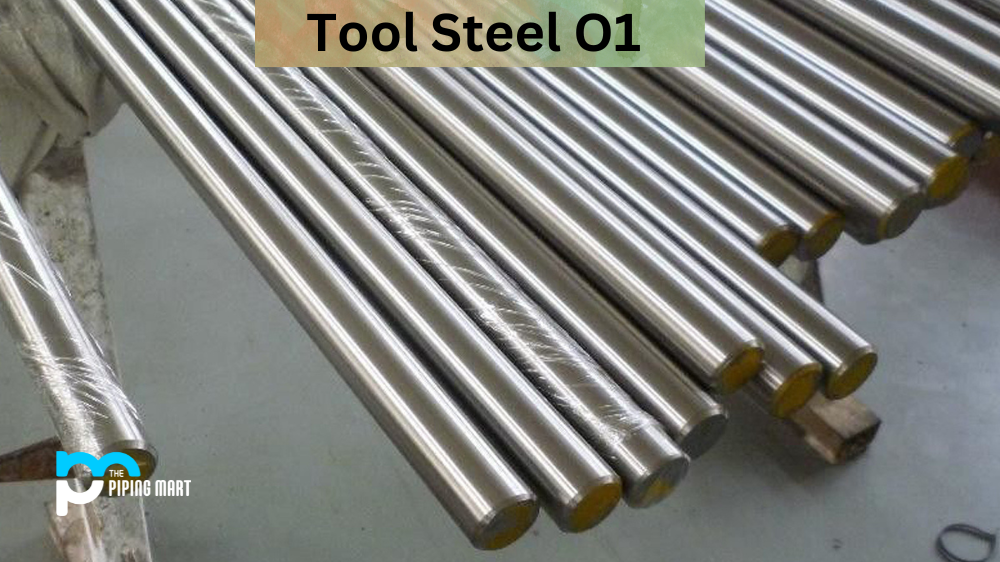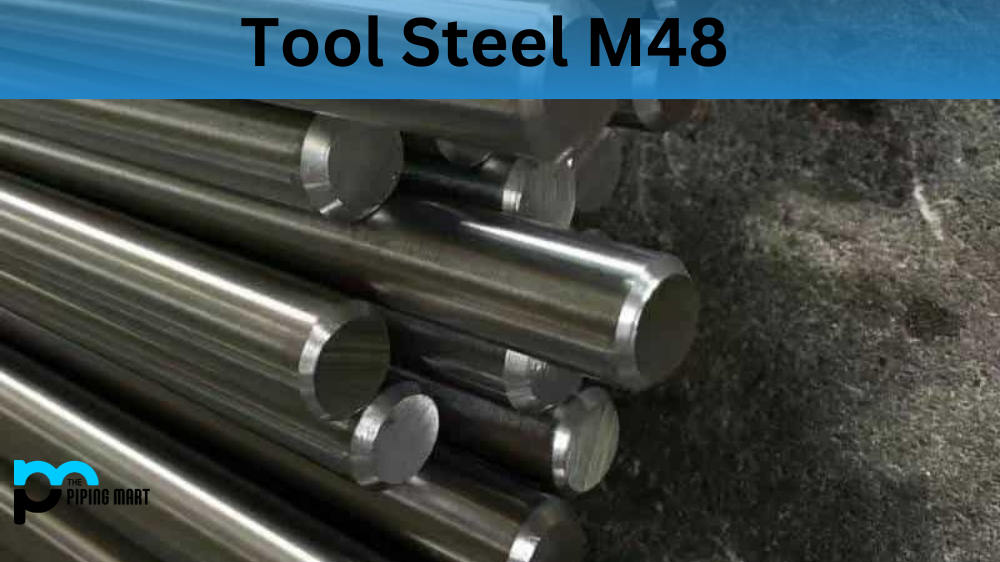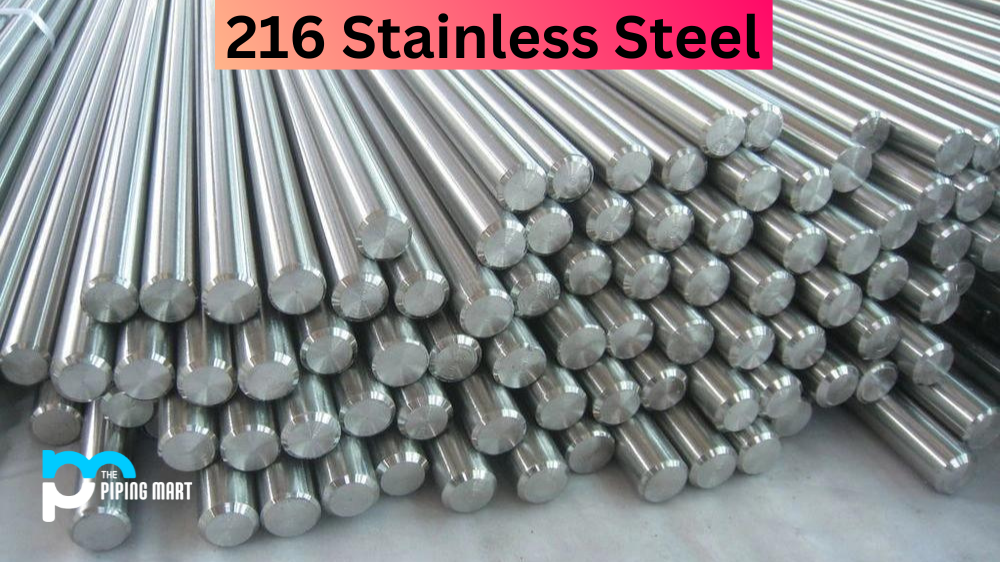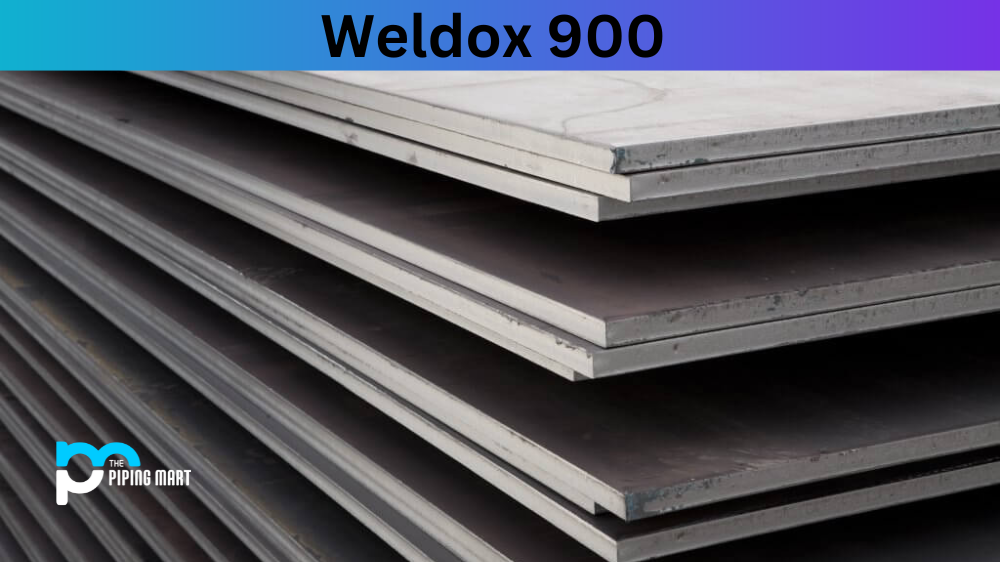Tool Steel O1 is a popular material for toolmakers and machinists who are looking for a grade of steel that is both wear-resistant and machinable. UNS T31501 offers excellent corrosion resistance, heat resistance, and heat treatment properties, making it an ideal choice for many metalworking applications. O1 Tool Steel, also known as UNS T31501, is a popular choice for numerous industrial applications due to its unique properties. Made of carbon, chromium, tungsten, and manganese, its composition is optimized for exceptional hardness, wear resistance, and toughness. As a result, O1 Tool Steel is widely used in manufacturing cutting tools, knives, punches, and even some types of machinery. Its hardness allows it to retain its edge even under extreme conditions, while its toughness reduces the risk of breakage or chipping. These properties make O1 Tool Steel a preferred material in the machinery and manufacturing industry, where precision and durability are paramount. Let’s take a closer look at the uses, corrosion resistance, heat resistance, heat treatment, and machining of O1 Tool Steel.
What Forms of O1 Tool Steel is Available at Piping Mart?
- Nut
- Bar
- Bolt
- Pipe
- Screw
- Tubing
- Valves
- Washers
- Flanges
- Fasteners
- Electrodes
- Stud Bolts
- Sheet Plates
- Pipe Fittings
- Forged Fitting
- Instrumentation Fittings
O1 Tool Steel Composition
| Element | Content (%) |
|---|---|
| C | 0.85-1.00 |
| Mn | 1.00-1.40 |
| Si | 0.50 |
| Cr | 0.40-0.60 |
| Ni | 0.30 |
| W | 0.40-0.60 |
| V | 0.30 |
| Cu | 0.25 |
| P | 0.03 |
| S | 0.03 |
O1 Tool Steel Physical Properties
| Properties | Metric | Imperial |
|---|---|---|
| Density (hardened to 62 HRC) | 7.81 g/cm3 | 0.282 lb/in3 |
| Density (@399°C/ 750°F, hardened to 62 HRC) | 7.70 g/cm3 | 0.278 lb/in3 |
| Density (@191°C/ 375°F, hardened to 62 HRC) | 7.75 g/cm3 | 0.280 lb/in3 |
| Melting point | 1421°C | 2590°F |
O1 Tool Steel Mechanical Properties
| Properties | Metric | Imperial |
|---|---|---|
| Hardness, Brinell (soft annealed -delivery condition) | 190 | 190 |
| Hardness, Rockwell C (tempering temp 300-1200°F) | 34.0-64.0 | 34.0-64.0 |
| Elastic modulus (hardened to 62 HRC) | 193 GPa | 28000 ksi |
| Elastic modulus (@399°C/750°F, hardened to 62 HRC ) | 172 GPa | 25000 ksi |
| Elastic modulus (@191°C/375°F, hardened to 62 HRC) | 186 GPa | 27000 ksi |
| Compressive yield strength (0.2%, hardened to 50 HRC) | 1350 MPa | 196000 psi |
| Compressive yield strength (0.2%, hardened to 55 HRC) | 1800 MPa | 261000 psi |
| Compressive yield strength (0.2%, hardened to 60 HRC) | 2150 MPa | 312000 psi |
| Compressive yield strength (0.2%, hardened to 62 HRC) | 2200 MPa | 319000 psi |
O1 Tool Steel Thermal Properties
| Properties | Conditions | ||
|---|---|---|---|
| T (°C) | Treatment | ||
| Thermal expansion | 10.6 x 10-6/ºC | 20-260 | – |
O1 Tool Steel Equivalents
- DIN 1.2510
- B.S. BO 1
- ASTM A681
- FED QQ-T-570
- SAE J437
- SAE J438
- UNS T31501
O1 Tool Steel Uses
Tool Steel O1 is mainly used in cutting tools and dies due to its excellent edge retention and wear resistance. It is also used in cold work punches and forming dies, as well as in shear blades, shims, jigs, fixtures, stamping dies, molds, gauges, templates, and other precision parts. The high carbon content makes it resistant to deformation during hardening processes like quenching or carburizing.
O1 Tool Steel Uses in Industries
Manufacturing Industry
O1 tool steel is commonly used in manufacturing due to its high strength and wear resistance. It is often used for making cutting tools, such as drills, milling cutters, and punches. Its ability to retain sharp edges and withstand high temperatures makes it a valuable material for precision machining.
Automotive Industry
The automotive industry also utilizes O1 tool steel for various components that require high strength and durability. This includes parts such as gears, shafts, and engine components. The steel’s toughness and resistance to wear make it ideal for withstanding the harsh conditions of vehicle operation.
Aerospace Industry
In the aerospace industry, O1 tool steel is used for critical parts that require high strength, toughness, and corrosion resistance. These include aircraft landing gear components, turbine blades, and structural elements. The steel’s ability to maintain its properties at extreme temperatures makes it a reliable choice for these applications.
Oil and Gas Industry
O1 tool steel is also utilized in the oil and gas industry due to its excellent mechanical properties and resistance to corrosion in harsh environments. It is commonly used for drilling equipment, valves, pumps, and other components exposed to corrosive substances or high-pressure conditions.
O1 Tool Steel Corrosion Resistance
Tool Steel O1 offers good corrosion resistance thanks to its higher chromium content than other steels. This means that it can be used in wet environments such as those found in food processing plants or chemical plants without corroding or rusting easily. The chromium also helps to prevent staining from oils or acids, which can be common with other metals if not properly taken care of.
O1 Tool Steel Heat Resistance
The high carbon content of Tool Steel O1 makes it more resistant to higher temperatures than other tool steels, which makes it suitable for use when welding or brazing with higher temperatures. This also makes it great for applications such as die casting, where temperatures may reach upwards of 800°F (427°C). At these temperatures, the steel will remain strong but may become softer due to the loss of hardness caused by the high temperatures.
O1 Tool Steel Heat Treatment
Tool Steel O1 can be hardened using oil quenching after heating it up to 1650°F (899°C) and holding at this temperature for several hours before cooling off slowly in room temperature air until you reach 150°F (65°C). Once cooled off completely, you can then temper the steel at 350°F (177°C) before hardening again with oil quenching as needed. This process should be done carefully as too much heating, or cooling can lead to cracking due to thermal shock if done too quickly.
O1 Tool Steel Machining
Tool Steel O1 is relatively easy to machine compared to some other steels thanks to its lower hardness which allows for easier cutting speeds compared with harder materials like stainless steel or aluminum alloys. It’s important, however, to make sure your tools have been sharpened correctly before beginning any machining operations on this steel so that you get maximum performance from your tools while still maintaining accuracy and surface finish quality results on your finished part(s).
Conclusion:
Tool Steel O1 is an incredibly versatile material with excellent corrosion resistance, heat resistance, and heat treatment properties, making it ideal for many metalworking applications, including die-casting molds, jigs, fixtures, cold work punches, and forming dies, among others. Its ability to withstand high temperatures and its ease of machining make this a great choice when looking for durable metal components that need both strength and flexibility throughout their lifetime of use!

A passionate metal industry expert and blogger. With over 5 years of experience in the field, Palak brings a wealth of knowledge and insight to her writing. Whether discussing the latest trends in the metal industry or sharing tips, she is dedicated to helping others succeed in the metal industry.




